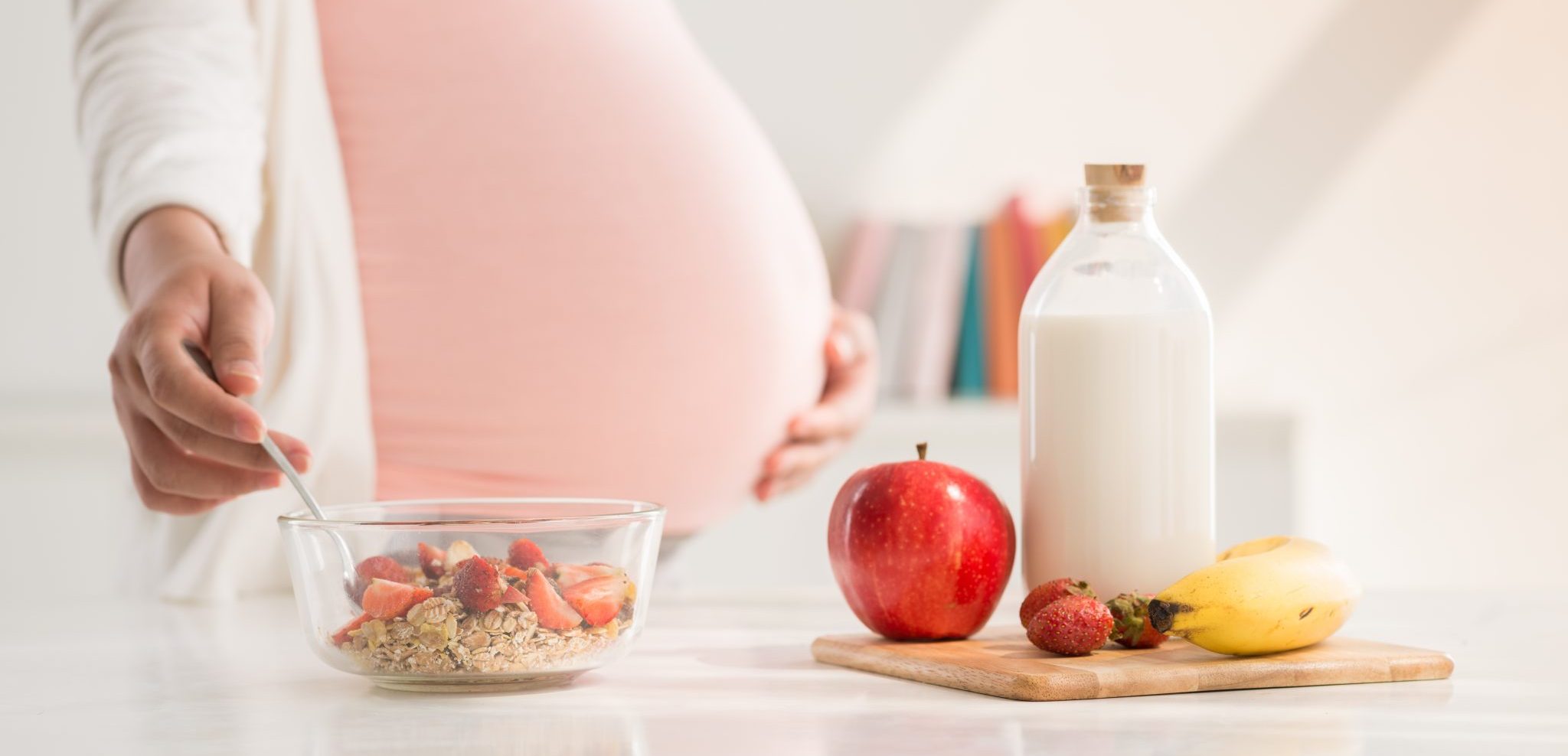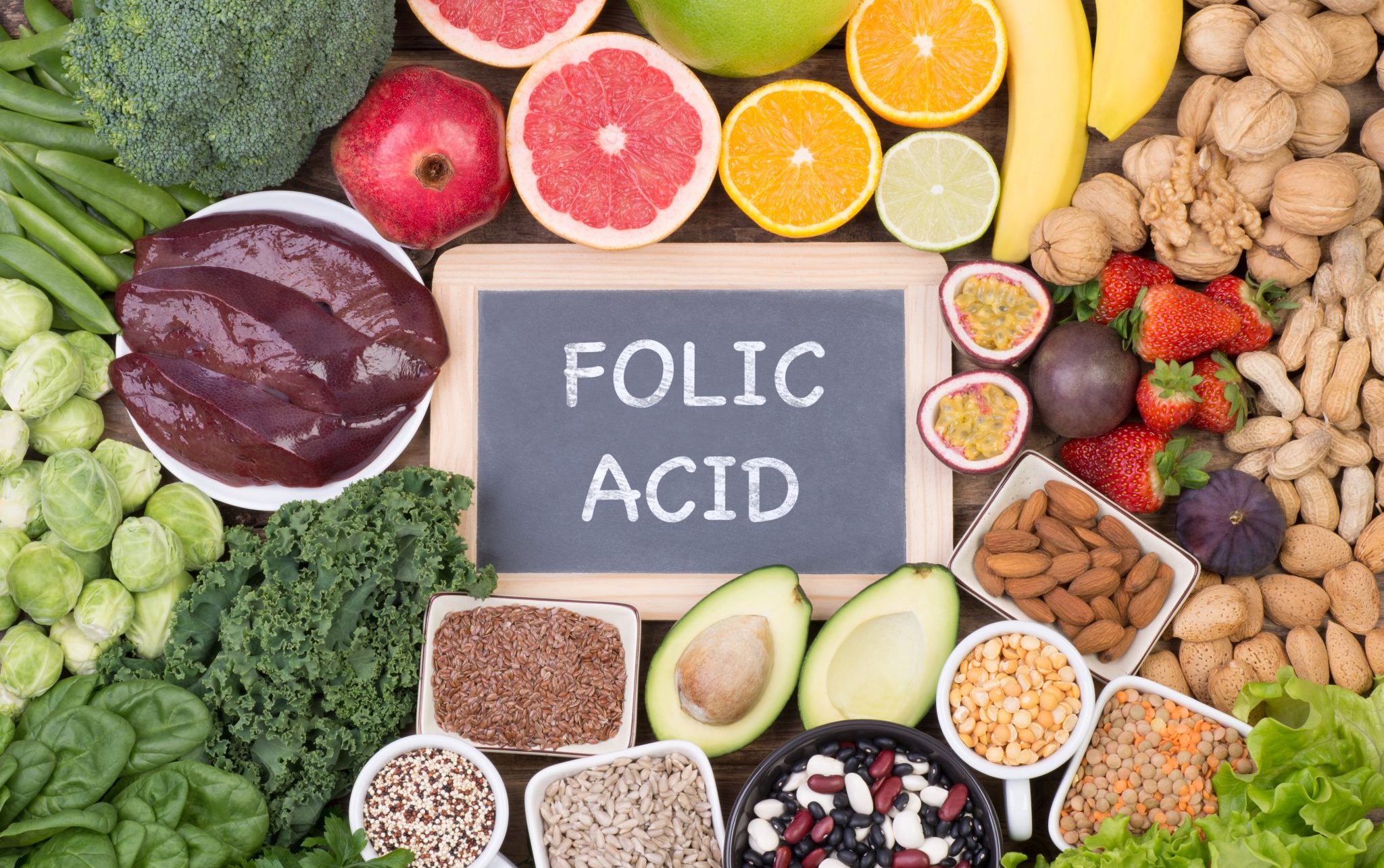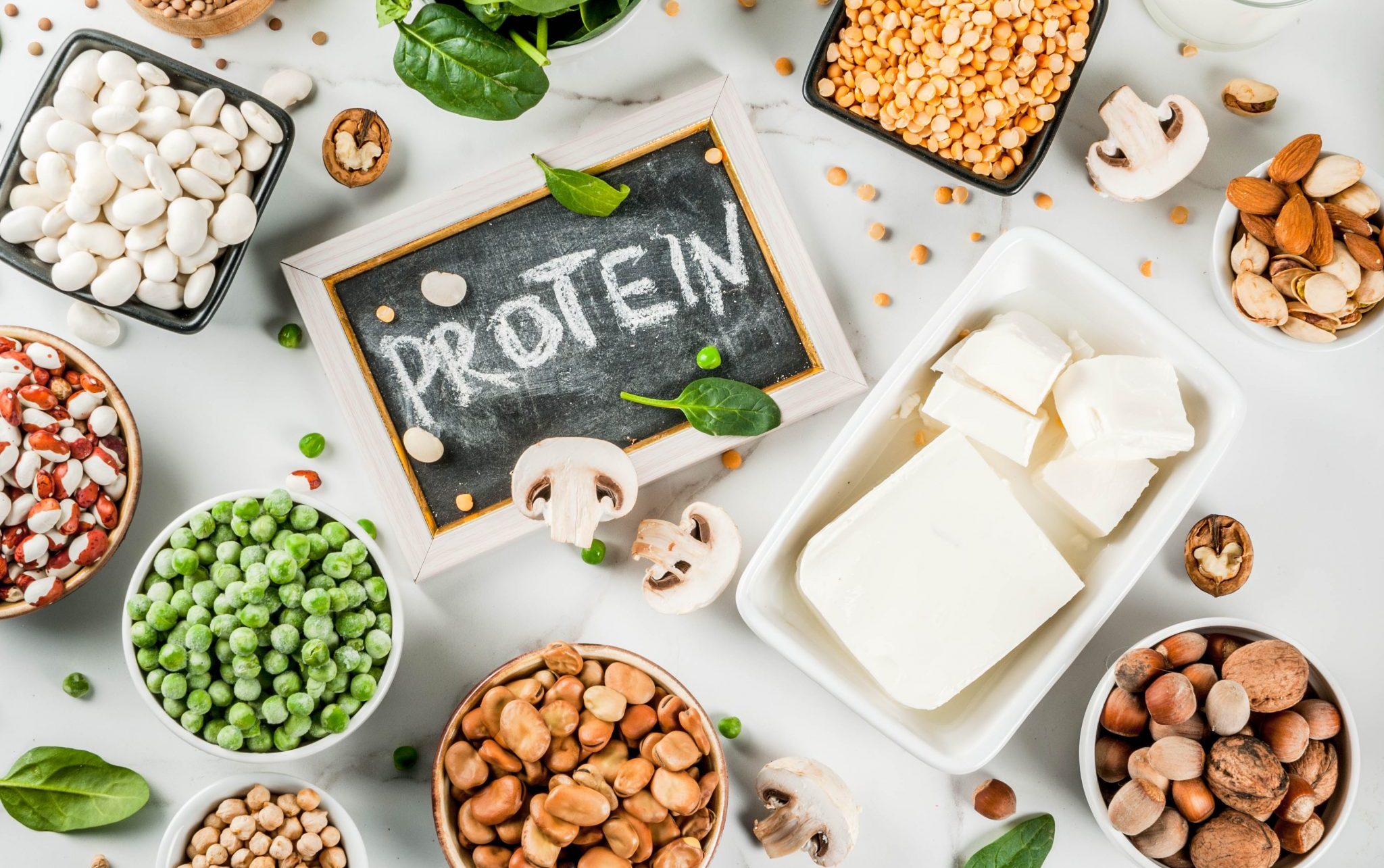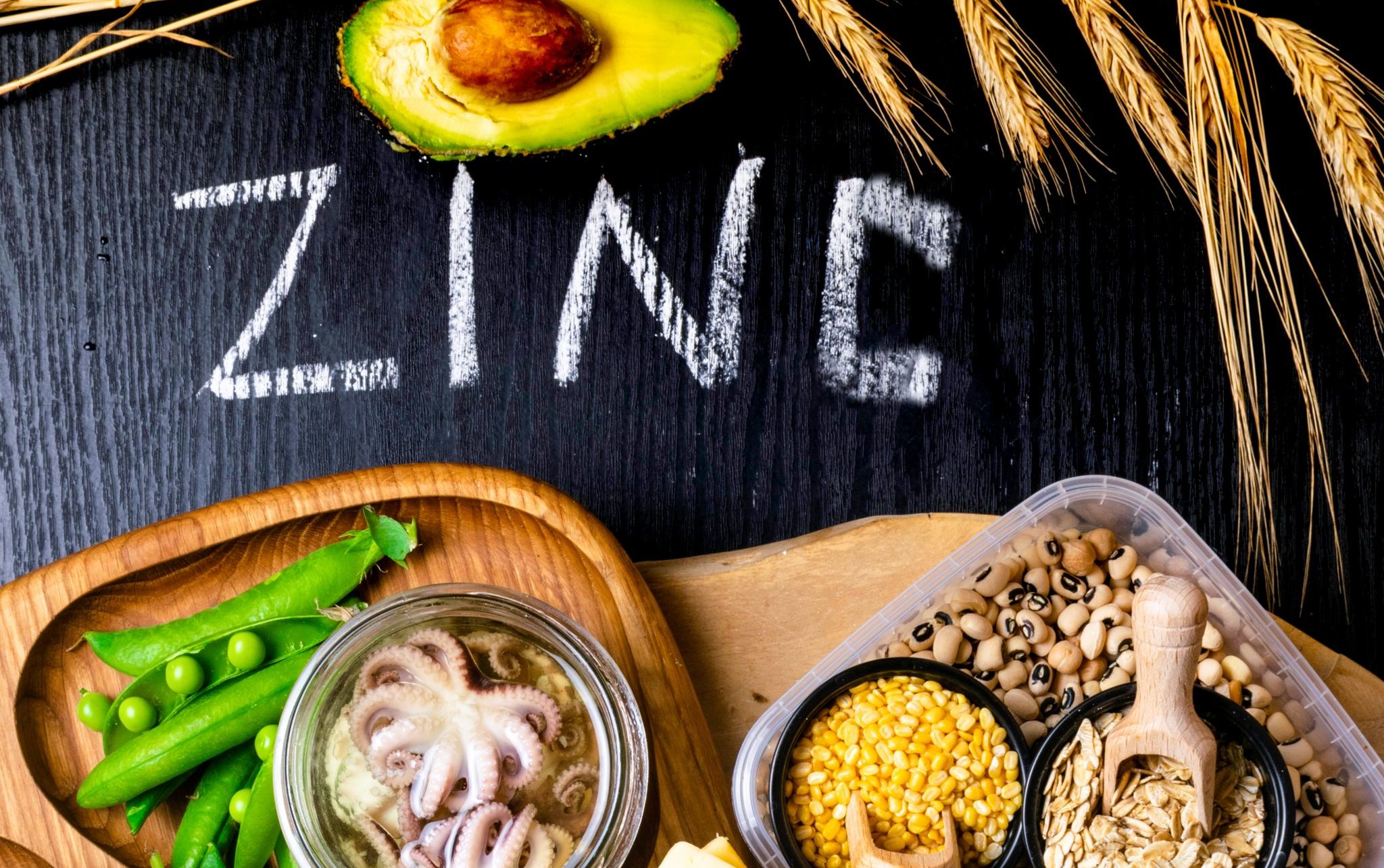Once you see those two lines appear, or perhaps you knew even before you saw them, your whole world changes. Finding out you’re expecting means you’ll need to make some adjustments, and not just to your waistband, which is why it’s time to get to grips with nutrition during pregnancy. So, let’s get going.
The basics
When you’re expecting, you will experience numerous hormonal and physical changes that may leave you feeling not quite like your usual self. Eating a healthy and balanced diet during your pregnancy will not only keep you in top shape but is good for baby too.
We’re sure you’ve heard tons of rumors about what you can and can’t eat, so let’s debunk the myths, state the facts, and provide you with some clear information and pregnancy nutrition guidelines to get you started.
Nutrition for pregnant women do’s
1. Priority number one – folic acid
This is the first item on any nutrition for pregnant women list. Folic acid is the synthetic form of folate and is crucial in preventing neural-tube defects (e.g., spina bifida). Even before you start trying you may wish to try adding 400mcg to your diet, but even if you haven’t, make sure to get around 600mcg–800mcg to keep your baby safe and healthy. Natural sources of folate include beans, legumes, dark green leafy vegetables, and fish, but to ensure your recommended daily amount it’s usually best to take a folic acid supplement.
2. A rainbow of flavors – lots of fruits and veg
Getting a range of fruits and vegetables in your diet is essential to maintaining all the nutrients you need to grow a healthy baby. Both are packed with minerals and vitamins, and also allow your baby to ‘try’ new foods. This happens as molecules from the food you consume make their way into the baby’s amniotic fluid as the baby grows, they begin to be able to taste the food you eat.
3. Body building mama – get those proteins
Protein is essential for growth and development, and at no time is that more essential than during pregnancy. Your body is under new strains and stress (very welcome ones, nonetheless), so you need a healthy intake. Experts recommend between 75-100 grams to meet your nutritional needs during pregnancy.
4. Drink that milk – getting calcium in your diet
Calcium is crucial for building and maintaining strong teeth and bones, and that includes your baby’s newly forming ones. The thing is when you’re pregnant your baby’s needs come first, and your body will deplete its own calcium supply to support your little one. To stay healthy and let your baby grow, make sure you get between 1,000-1,200 milligrams a day.
5. Pump it – get your daily allowance of iron
Now that you’re pregnant, you’ll need extra iron to make sure you don’t become anemic. When you don’t have enough of the element, you may feel lethargic, and that’s no good for you or baby. Ensure you have enough iron in your nutritional plan for your pregnancy––approx. 30mg – to keep yourself active and healthy. Natural sources include meats, beans, and lentils, but you may need to take an iron supplement if you don’t feel you’re getting enough.
Nutrition during pregnancy don’ts
1. Don’t eat for two
This myth has been debunked for a while, but just in case you hadn’t heard – you don’t need to eat for two! During your first trimester, you don’t even need to eat any more than your regular diet (though you might not even feel up to that). It’s only during the second and third trimesters that you will need to increase your calorie intake by 300-500 calories. Monitoring your pregnancy nutrition ensures your weight doesn’t go off the chart; this can cause health problems for you and baby, including difficult birth, gestational diabetes, etc.
2. Avoid alcohol
You might’ve heard that one glass of champagne won’t hurt, but the fact is we simply don’t know how much alcohol is ok, and where the risk level starts. Drinking when you are pregnant puts your baby at risk of Fetal Alcohol Syndrome, which causes symptoms such as intellectual disabilities, congenital defects, and other health problems.
3. Nourish yourself and often
Finding yourself hungrier or thirstier than usual? That’s another pregnancy symptom, and your body’s way of reminding you that you need nourishment. It’s important to respond to your body’s cues when they happen, and not after that 2-hour meeting. Ensure you are adequately fed and hydrated at all times, but remember, don’t overeat; that 2nd piece of cake is too much.









